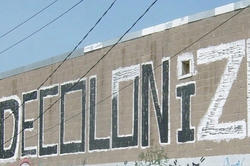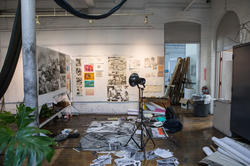Faculty, curators and librarians come together for a semester-long seminar on decolonization that builds on the institution’s commitment to advancing social equity and inclusion.
Five Questions: Mariela Yeregui
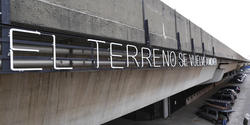
Last year RISD hired a cohort of full-time faculty members focused on race, colonization, decolonization, post-coloniality, cultural representation and material practices of resistance. The educators who joined the community as part of that “Race in Art & Design” cluster hire initiative began teaching at RISD in the fall and have graciously agreed to share their unique approaches to teaching in this series of Q&As. In this interview, we hear from Experimental and Foundation Studies faculty member Mariela Yeregui.

Can you please say a little bit about yourself and your areas of academic focus?
I was born in Argentina and have been working there for the past 20 years, mainly in technology and robotics. I developed a New Media graduate program at the public university in Argentina, the first art and technology master’s program in Latin America. But I also am very involved in social practices, working with Indigenous communities in Argentina and other Latin American countries to build communal experiences around electronic fabrics. The work reflects on memories and how to articulate them—memories of migration but also of being women in violent contexts. It takes feminist and decolonial points of view. If we are feminists, we should be decolonizers too.
“As part of the cluster hire, I feel that my mission is to open up new, non-hegemonic ways of approaching the art-technology crossover.”
What attracted you to RISD?
I started to read the ongoing debates about inclusion, diversity and decoloniality taking place at RISD and wanted to participate. I think that I have something to add from my southern perspective. I’m very influenced by what Portuguese theorist Boaventura de Sousa Santos called “epistemologies of the south” and also by Colombian scholar Arturo Escobar. I have been working in the field of art and technology, which is influenced by coloniality and often Western-centric, white-centric, heteronormative and male-centric. Coming to RISD was an excellent opportunity to think about how to dismantle racist structures in a different context.
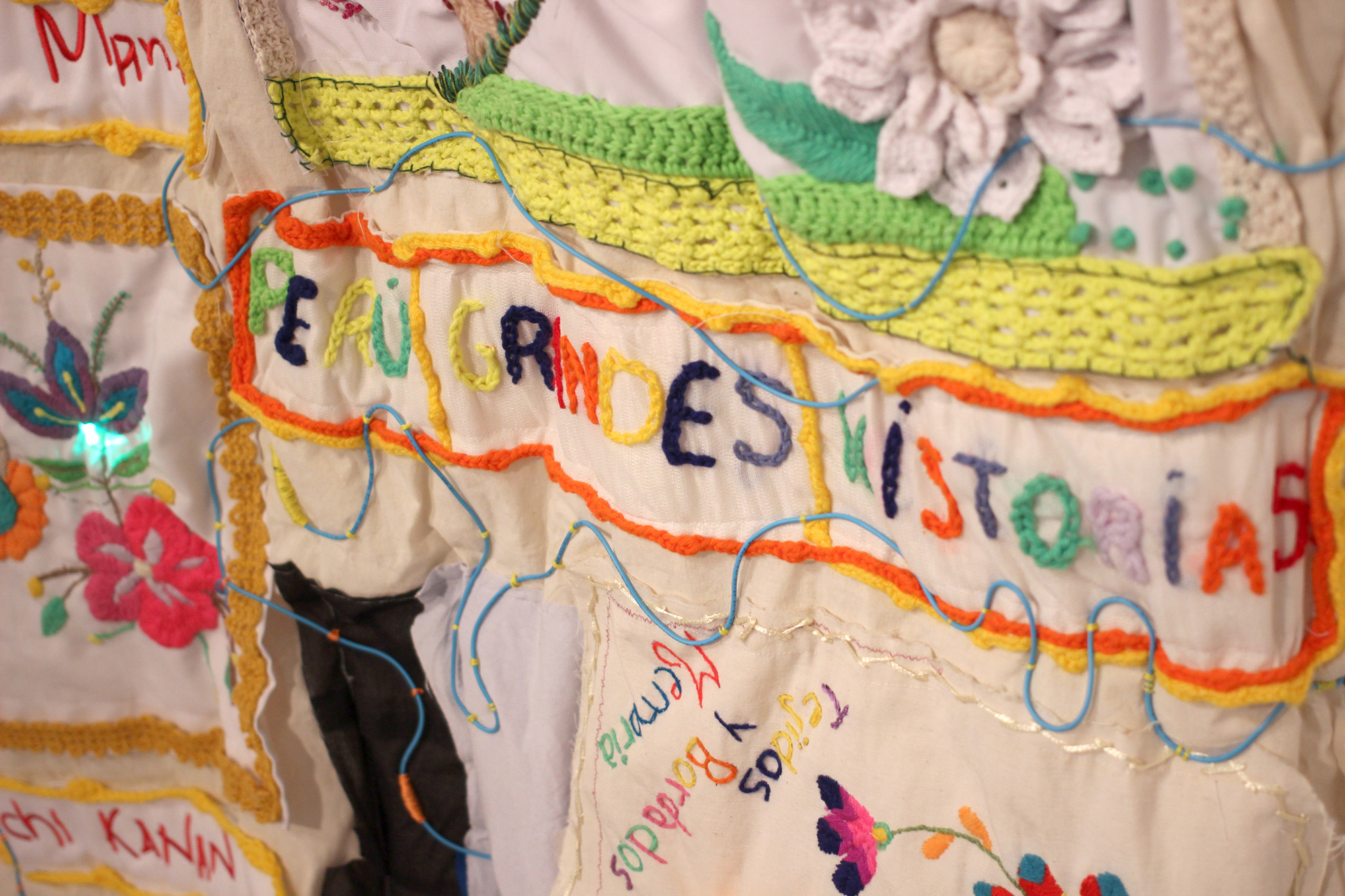
What classes did you teach in the fall semester? And what challenges and opportunities do you face teaching through the lens of decoloniality?
I taught a studio seminar on the creative process and tried to provide students with new references and new ways of thinking. It’s not about techniques or tools, but about dismantling the hegemonic way of thinking. We invited artists from very different contexts, who challenge technology from radical perspectives. Some create art that lives in the public space, rather than in museums and galleries, and that idea was new to some of the students.
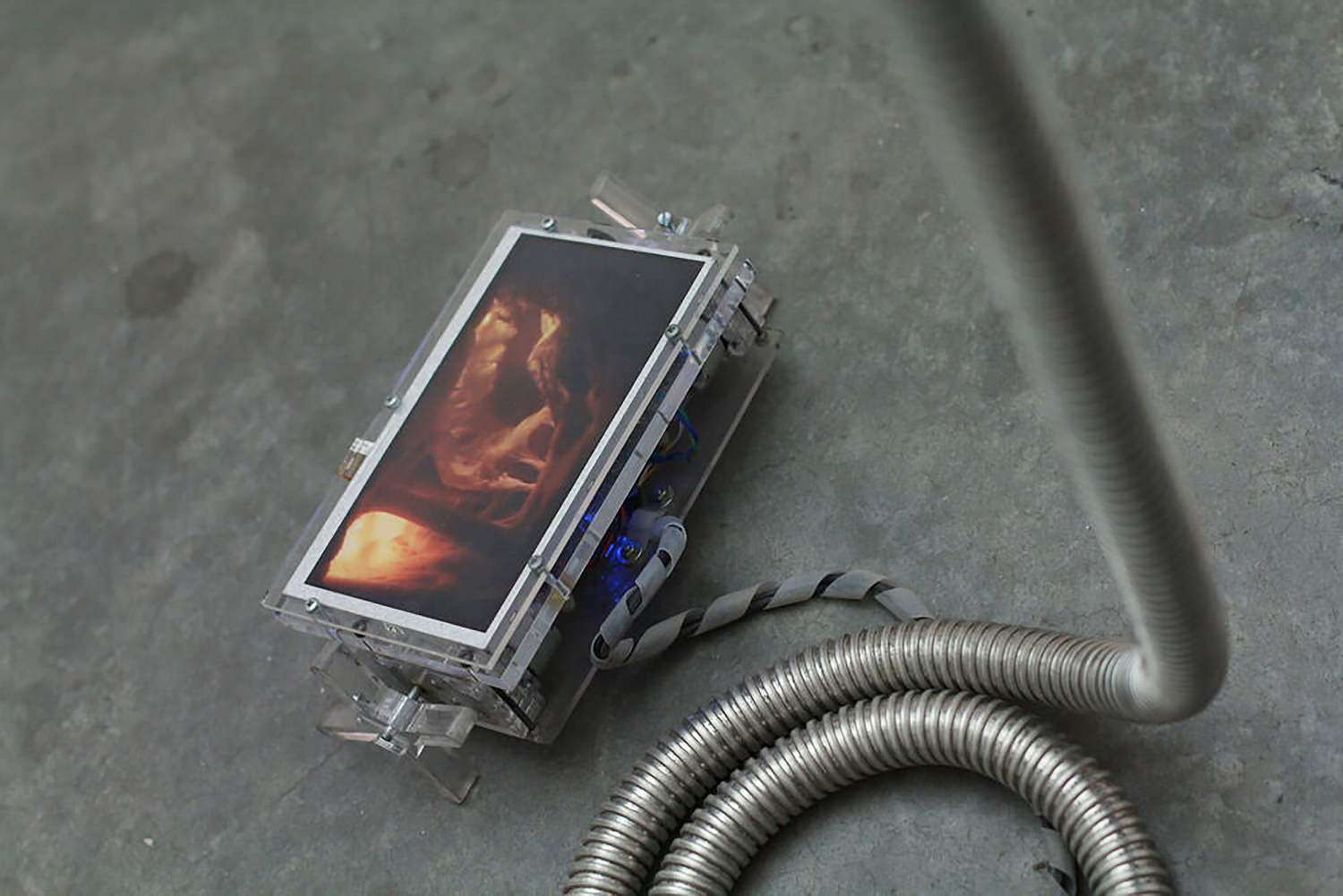
What’s the most important thing you hope students will learn in your classes?
I am most happy to see them working in participatory projects and feeling connected with other emotions and other ways of working. That was my challenge during the fall semester, and I think the students achieved some interesting things. But I also learned a lot from them, and I’m very grateful for that. When you educate, you have to learn. That is part of the whole, nonhierarchical experience.
What is your take on RISD’s current state in terms of social equity and inclusion? What would you like to see the college focus on moving forward?
We have to think more about integration, breaking down silos, vital experiences, including people and connecting the RISD community to the outside. It is essential to start from scratch, to create something new together. As part of the cluster hire, I feel that my mission is to open up new, non-hegemonic ways of approaching the art-technology crossover.
—interview by Simone Solondz
Read the whole series and learn more about RISD’s commitments to Social Equity and Inclusion.
January 28, 2022
